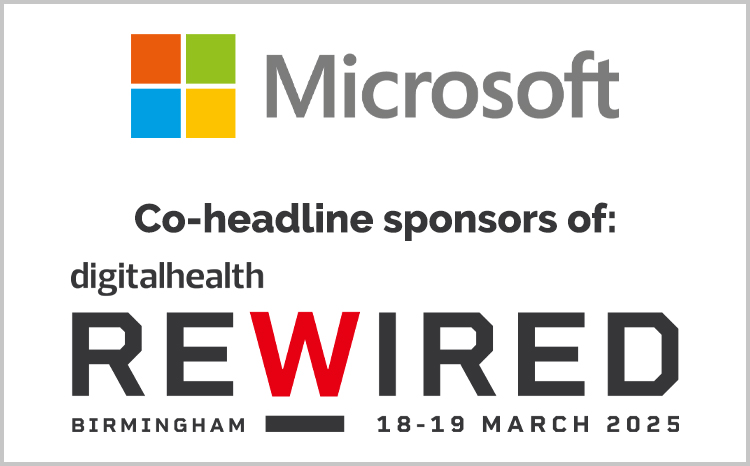Tell us about your XPerience
- 8 October 2014

Six months after Microsoft ended support for Windows XP, EHI has launched a short survey to assess how much of an issue it remains for trusts.
The government signed a deal with Microsoft to provide Windows XP support and security updates, as it became clear that many public sector organisations would still be using the operating system, launched in 2001, after the end of support on 8 April.
However, the Cabinet Office and the Department of Health also sent a letter to trusts saying that organisations that had not migrated away from XP should not use the extension to delay migration plans.
“Agreements such as these do not remove the need to move off Windows XP as soon as possible,” a spokesperson said when the deal was signed.
However, a DH spokesperson told EHI this week that the responsibility for IT services “is with trusts” and that they are not required to submit its migration plans to it.
“Trusts are responsible for developing plans to update their IT systems. Data security is vital and we have recently written to trusts about this and are considering follow up action if necessary.”
The spokesperson added that The Crown Commercial Services and Microsoft Account Management are both available to trusts in an “advisory capacity”.
Research from EHI Intelligence showed that approximately 85% of the 800,000 PCs in the NHS were running XP in September last year.
The NHS was a heavy user of XP, because it was covered by the Enterprise wide Agreement between Microsoft and the DH that was allowed to expire in 2010, and because many clinical applications were written for it.
Trusts looking to move their PC estate to a more modern operating system, or to put in place virtualised and mobile desktops, have found that significant planning is needed to spot these applications and upgrade or find ways of continuing to run them.
Ahead of the April deadline, some trusts warned that migration away from XP could take two years. With six months before the one year extended support comes to an end, EHI’s survey asks whether trusts moved off the OS before April, whether they have done so since, or whether they still need to move.
It also asks what direction they have moved in. Most trusts appear to have chosen to move to Windows 7, either because it was covered by the EwA, or because it is more desktop friendly than Windows 8, which introduced a tiled interface for use on tablets.
Last week, Microsoft announced the forthcoming release of its next OS – confusingly labelled Windows 10 – which attempts to reintroduce the more popular elements of Windows 7, while retaining some of the better features of the apps in Windows 8.
Please take a moment to complete the survey. It takes no longer than five minutes and can be accessed here.




